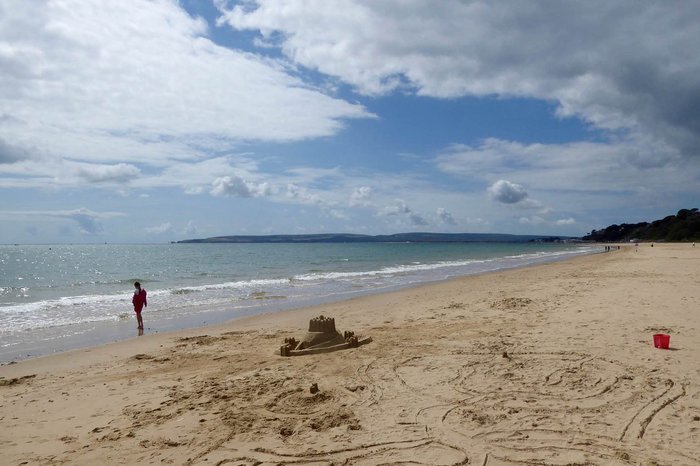Sun safety when you have blood cancer
If you're heading somewhere sunny, Clinical Nurse Specialist Jodie Nightingill has some important tips for taking care in the sun when you have blood cancer.

Blood cancer and sun exposure
Protecting your skin from the sun is always important – but if you're having treatment for blood cancer, or you've finished treatment in the last few years, it's a must.
Treatments like chemotherapy, targeted therapies and radiotherapy can make your skin more sensitive to damage from the sun. If you’ve had a stem cell transplant using donor cells (an allogeneic transplant), being out in the sun without the right protection can increase your risk of GvHD (graft versus host disease) – where your immune system attacks your donor’s stem cells.
But there are plenty of ways to protect yourself while making the most of the sunny weather. Remember to always speak to your medical team though, in case there's anything else you need to know.
1. Avoid the hottest part of the day
The sun is at its strongest between 11am and 3pm, so try to avoid the sun and stick to the shade at these times. It might be useful to check the weather reports, or check the MetOffice website for your local forecast.
2. Remember your hat
Wear a hat that shades your face, neck and ears, which can burn easily otherwise.
3. Protect your eyes
When the sun is out make sure that you wear sunglasses – ideally ones that come with a guaranteed ultraviolet (UV) filter.
4. Wear loose clothes
Wearing loose-fitting clothing made from cotton or natural fibres will give you extra protection from the sun.
5. Use the right suncream
Select a suncream with a sun protection factor (SPF) of at least 30 and with protection from UVA and UVB rays. Whether in lotion, spray or gel form, make sure that you apply it as recommended, and reapply after swimming or exercising heavily (which will make you sweat). If you need to use insect repellent cream then apply this after your suncream.
6. Keep hydrated
Drink plenty of water and avoid too much caffeine (tea, coffee) or alcohol.
7. Get advice before you swim
Some treatments, like radiotherapy, can make skin more sensitive to chemicals like chlorine, so you may need to avoid swimming in chlorinated water (for example, your local swimming pool). If you are at higher risk of infections, you might also need to avoid swimming in natural water like lakes or rivers, because of the risk of bacteria. You can ask your medical team for more advice about this.
8. Take a break
Remember to take time out of the sun and enjoy the shaded areas too!

Travel insurance
We've partnered with Staysure to make travel insurance easier to access for people affected by blood cancer.
For more general information about sun safety, see the NHS information about sun safety.
For personal advice, always speak to your medical team, in case there's anything else you need to avoid.
